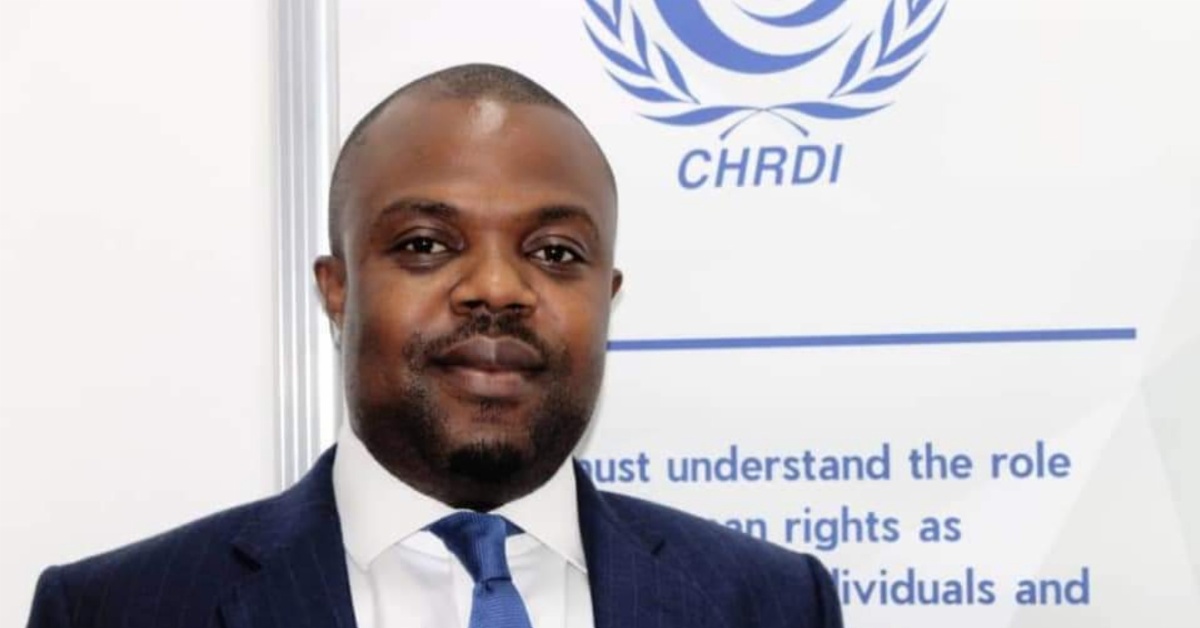The Campaign for Human Rights and Development International (CHRDI) expresses deep concern over the deteriorating electricity crisis in Sierra Leone due to the non-payment of electricity bills by the government.
This has led to daily power outages across the capital, severely affecting the population’s essential services, including water and sanitation, education, and other daily necessities.
The electricity cuts are lasting longer in areas with higher poverty rates, leaving many people without power amid soaring temperatures hindering their ability to perform their jobs, including medical workers. It also limits access to water, putting people’s economic and social rights at risk.
Access to electricity is a fundamental human right for ensuring other rights, such as health, housing, water, and education. The right to an adequate standard of living, as protected by international law, includes the right of everyone to sufficient, reliable, safe, clean, accessible, and affordable electricity without discrimination.
Therefore, countries must ensure that everyone within their territory or jurisdiction can access electricity by providing adequate and sustainable electricity generation and supply and international cooperation to ensure reliable, affordable, and available electricity for the end-user.
During this electricity crisis, women and children are mainly disadvantaged; hundreds of businesswomen and girls are lining up during the night and morning hours to buy ice blocks to preserve whatever product they sell to sustain their daily survival. This is happening despite the Convention on the Elimination of Discrimination against Women (CEDAW), which specifies that women should have adequate living conditions, including access to electricity and water. Students are also hit with this crisis as well as police stations, hospitals, homes, business places and religious houses go without electricity.
In Sierra Leone, women are still facing challenges with essential services, and the continued energy crisis is undermining the country’s development. Governments that ratify human rights treaties are expected to take measures to respect, protect and fulfil the rights in the treaties.
Therefore, CHRDI urges the government of Sierra Leone to restore energy supply and put-up sustainable plans for energy supply in the country. Economic and social rights, such as the right to health and an adequate standard of living, remain unfulfilled for many Sierra Leonean.
The government must recognise everyone’s right to clean, accessible, and affordable electricity, crucial for ensuring the population’s well-being and development.



 5 Comments
5 Comments









Comment(s)
Disclaimer: Comments expressed here do not reflect the opinions of Sierraloaded or any employee thereof.